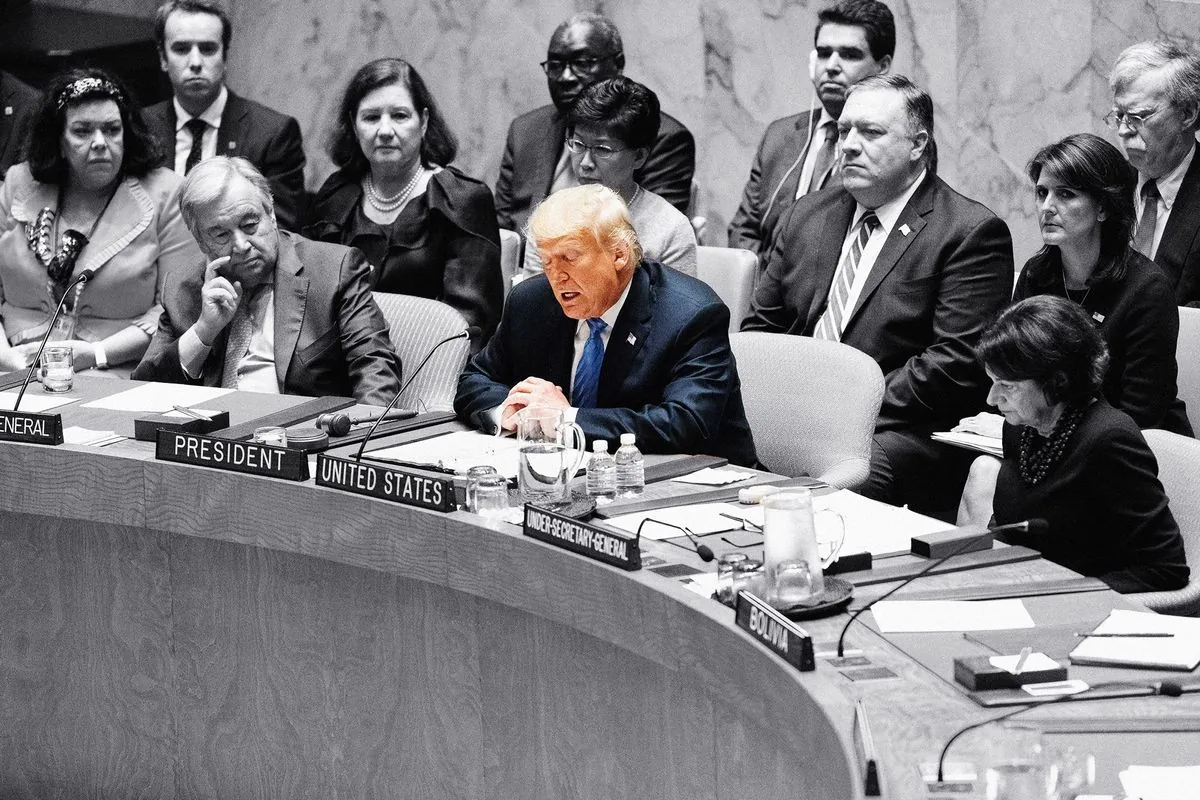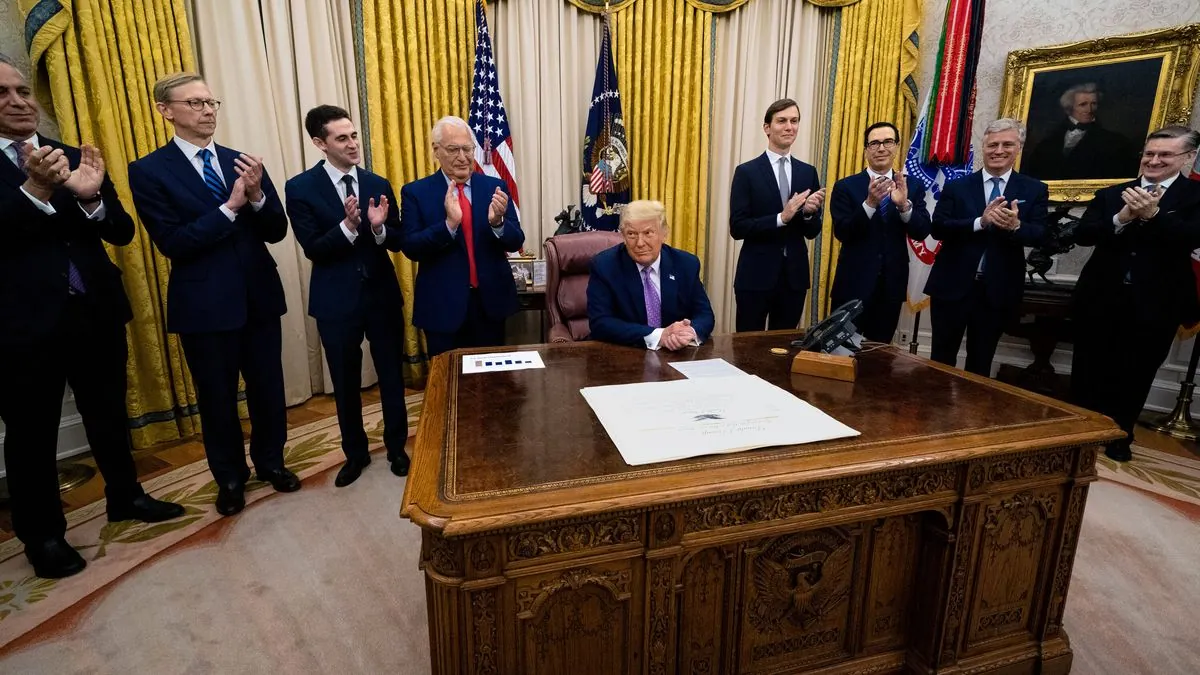US Leads Diplomatic Push to End Gaza-Lebanon Hostilities
US spearheads efforts to resolve Gaza and Lebanon conflicts simultaneously. Discussions at UN General Assembly aim for ceasefire and hostage release, amid escalating tensions and diplomatic challenges.

One year after the October 7, 2023 attack by Hamas on southern Israel, which resulted in 1,200 casualties and 250 hostages, the United States is leading a diplomatic initiative to resolve conflicts in both Gaza and Lebanon. This effort, discussed on the sidelines of the United Nations General Assembly, marks the first attempt to address these interconnected fronts simultaneously.
The proposed deal aims to secure a ceasefire in Gaza, followed by a push for peace in Lebanon, and ultimately a political agreement that could include demarcation of the contentious Israeli-Lebanese land border. This approach could provide an "off-ramp" for Hezbollah to avoid full-scale war with Israel.

Sources indicate that Hezbollah, founded in 1985 during the Lebanese Civil War, is open to a settlement encompassing both Gaza and Lebanon. This development comes as Israel has intensified its military campaign against the group, launching numerous airstrikes and causing significant casualties and displacement in southern Lebanon.
The diplomatic efforts face substantial challenges. The complexity of the situation is underscored by the fact that the Gaza Strip, a mere 41 km long and 6-12 km wide, has been under an Israeli-Egyptian blockade since 2007. Additionally, the historical context of the region, including Lebanon's independence from France in 1943 and the establishment of the Blue Line demarcation between Lebanon and Israel in 2000, adds layers of complexity to the negotiations.
International involvement in the peace process is expanding. French President Emmanuel Macron has engaged with Iranian President Masoud Pezeshkian, urging Iran to exert influence on Hezbollah. Cyprus, a country divided since 1974, is also playing a role, with President Nikos Christodoulides confirming US and French efforts to broker an interim accord.
The United States has been involved in Middle East peace efforts since the 1970s, with notable milestones such as the Camp David Accords in 1978 and the Madrid Conference of 1991. The current initiative builds on this history, aiming to leverage the UN General Assembly, which first met in 1946, as a platform for dialogue.
"An all-out war is possible in the Middle East, but there is also a chance for a broad settlement."
This diplomatic push comes at a critical time for the Biden administration, facing political pressure domestically and internationally. The success of this complex initiative hinges on various factors, including the willingness of Israeli Prime Minister Benjamin Netanyahu to agree to a ceasefire in Gaza.
As discussions continue, the international community remains hopeful for a resolution that can bring stability to a region long plagued by conflict. The involvement of organizations such as the United Nations Relief and Works Agency (UNRWA), established in 1949, and the United Nations Interim Force in Lebanon (UNIFIL), created in 1978, underscores the long-standing nature of these challenges and the ongoing commitment to finding lasting solutions.


































